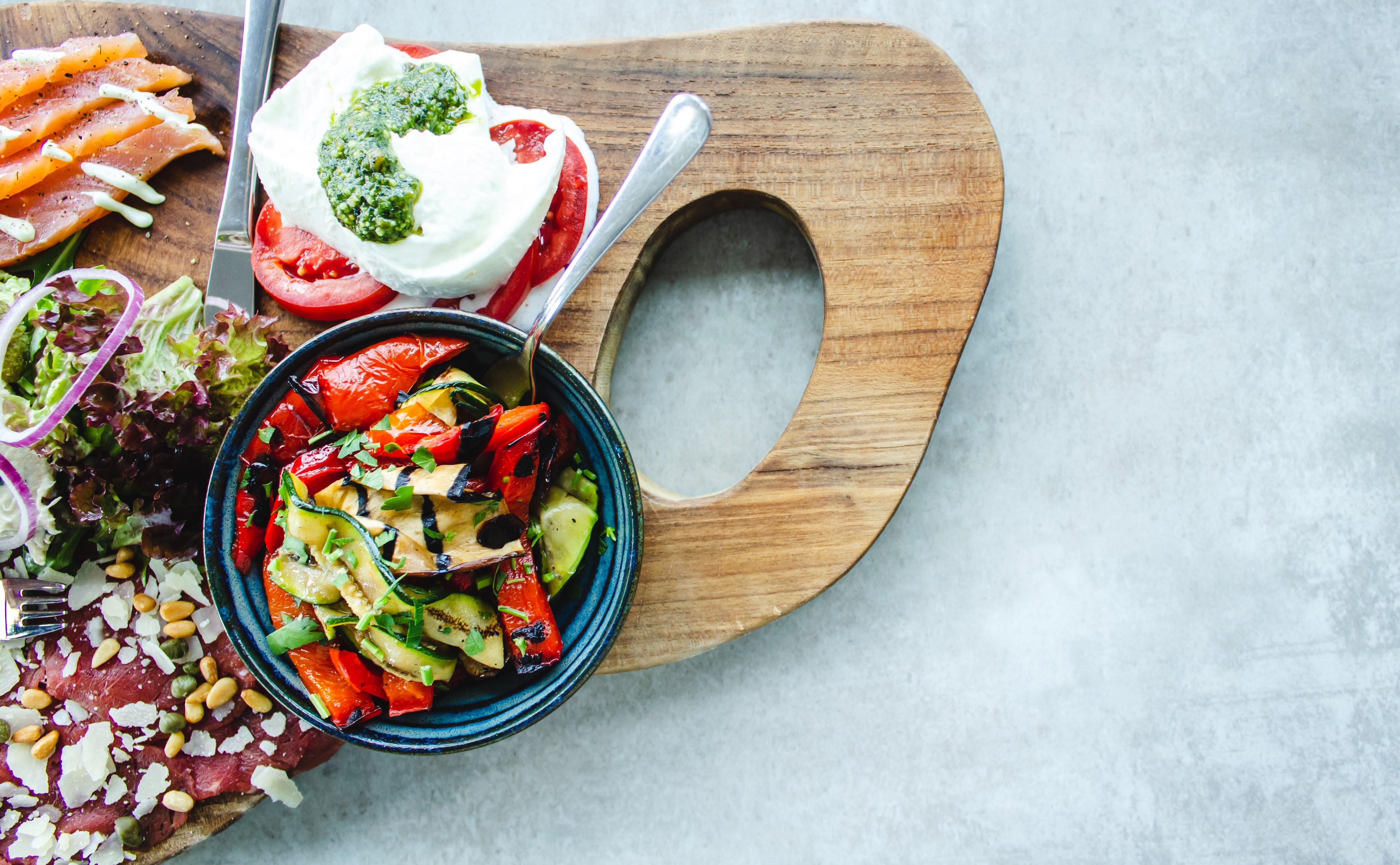
Feast Your Eyes on These 8 Eye Healthy Snacks
A healthy and balanced diet is as important for the eyes as it is for the general health of a person. A diet that contains fruits, vegetables, and other foods essential for eye health can lessen the risk of developing eye diseases or vision loss.
Eye doctors recommend a nutrition-rich diet for great elderly vision as the vitamins, antioxidants, and minerals present in a diet can keep eyes healthy and sharp in adults over the age of 60.
What Is the Connection Between Food and Eye Health?
When we think about the effects that different foods can produce on our bodies, our eye health is not always at the forefront of our minds. However, many foods contain nutrients that can protect our eyes from serious diseases or vision loss.
Following are eight eye-healthy snacks that you must add to your diet.
1. Orange-colored fruits and vegetables
2. Vitamin C containing fruits and vegetables
3. Vitamin E containing fruits and vegetables
4. Leafy Green Vegetables
5. Cold Water Fish
6. Eggs
7. Dairy
8. Nuts and Legumes
What Are Some Eye Healthy Foods?
Older individuals are highly encouraged to incorporate as many healthy foods in their lifestyle as possible, as it boosts their health and protects them from developing age-related medical conditions.
However, every food must be consumed in moderation so that excessive intake of one or more ingredients in these foods does not produce a harmful effect on the body.
According to the American Academy of Ophthalmology, you must focus on the following eye-healthy foods to ensure that your eyes remain healthy always.
1. Orange-Colored Fruits and Vegetables:
The most important nutrient for great eye health is vitamin A. Vitamin A has countless precious benefits for the eyes, such as reversing night blindness, reducing the risk of age-related macular degeneration, soothing eye inflammation, and producing moisture in the eyes. Vitamin A also protects our eyes from eye infections.
The following orange-colored fruits and vegetables are best for your eyes;
ü Sweet potatoes
ü Mangoes
ü Carrots
ü Cantaloupe
ü Apricots
ü Oranges and other citrus fruits, etc.
2. Vitamin C Containing Fruits and Vegetables:
Vitamin C is also very critical for eye health. It is a known antioxidant that protects the whole body from free radicals generated by environmental factors and unhealthy foods and habits. Our eyes contain vitamin C in the ocular humors, and this vitamin acts as a “sunscreen” to protect the eyes and lens from UV light and oxidative damage.
Our eyes need vitamin C for preventing and delaying many eye diseases, and good food sources of this vitamin include;
ü Tangerines
ü Lemons
ü Oranges
ü Grapefruits
ü Peaches
ü Red bell peppers
ü Strawberries
ü Tomatoes.
3. Vitamin E Containing Fruits and Vegetables:
Vitamin E is also an antioxidant that protects the eyes from damaging free radicles. It also protects your eyes against age-related macular denegation and cataracts.
You can provide vitamin E to your eyes by consuming the following foods;
ü Almonds
ü Avocados
ü Sunflower seeds.
4. Leafy Green Vegetables:
Leafy green vegetables, and brightly colored foods, contain antioxidants like zeaxanthin and lutein, which protect the macula and protect our central vision.
The following vegetables contain plenty of these beneficial antioxidants;
ü Spinach
ü Kale
ü Collards
ü Turnip greens
ü Peas
ü Broccoli
ü Romaine lettuce.
5. Cold Water Fish:
Cold water fish are great for eyes health as they contain an excess of Omega 3 fatty acids. These healthy fats protect the eyes from macular degeneration, cataracts, and dry eyes. Omega 3 is also essential for preventing the development of eye diseases later in life.
The following cold water fish contain high amounts of Omega 3 fatty acids.
ü Salmon
ü Sardines
ü Tuna
ü Halibut
ü Trout.
6. Eggs:
There is solid evidence that eating eggs can reduce the risks of developing late-stage age-related macular degeneration. Eggs contain all the antioxidant vitamins that are beneficial for eye health, like vitamin A, vitamin C, zeaxanthin, lutein, selenium, and Omega 3 fatty acids.
While children love to eat eggs for breakfast, people of older age can sometimes skip eating eggs for other breakfast options. However, you can add a boiled egg to your salad or breakfast bowl so that you can incorporate this essential eye-healthy food into your daily routine.
7. Dairy
Dairy consumption also has numerous benefits for eye health. A long-term study has proved the connection between dairy consumption on a reduced risk of age-related macular degeneration. AMD is one the leading causes of vision loss, and in older people, this disease can rapidly progress towards blindness.
As nutrition has tremendous effects on eye health, consuming yogurt, milk, and other dairy products is extremely beneficial for eye health.
These food items contain zinc and Vitamin A, both of which are proven to protect the eyes from infections and diseases. Dairy products are the easiest to add to your diet. You can eat a bowl of yogurt with fruits and nuts in the morning (more foods for great eye health!), and you can add milk to your tea and coffee, or better, consume it as it is.
8. Nuts and Legumes
Nuts and legumes contain important nutrients like Vitamin C and Omega 3 fatty acids, and they can protect senior vision from degeneration or age-related eye diseases.
The following nuts are great for your eye health;
ü Almonds
ü Cashews
ü Walnuts
ü Peanuts
ü Pistachios
ü Hazelnuts.
The following beans and legumes are also great eye-healthy snacks;
ü Chickpeas
ü Black-eyed peas
ü Lentils
ü Kidney beans.
Incorporating nuts and legumes into your diet is easy by consuming nut butters and recipes like lentil salad or hummus.
Conclusion
It is important to eat healthy no matter what your age is. Eating the right foods can benefit you in the long run and also prevents the need to consume extra supplements and medications to replenish nutrient deficiencies later in life.
